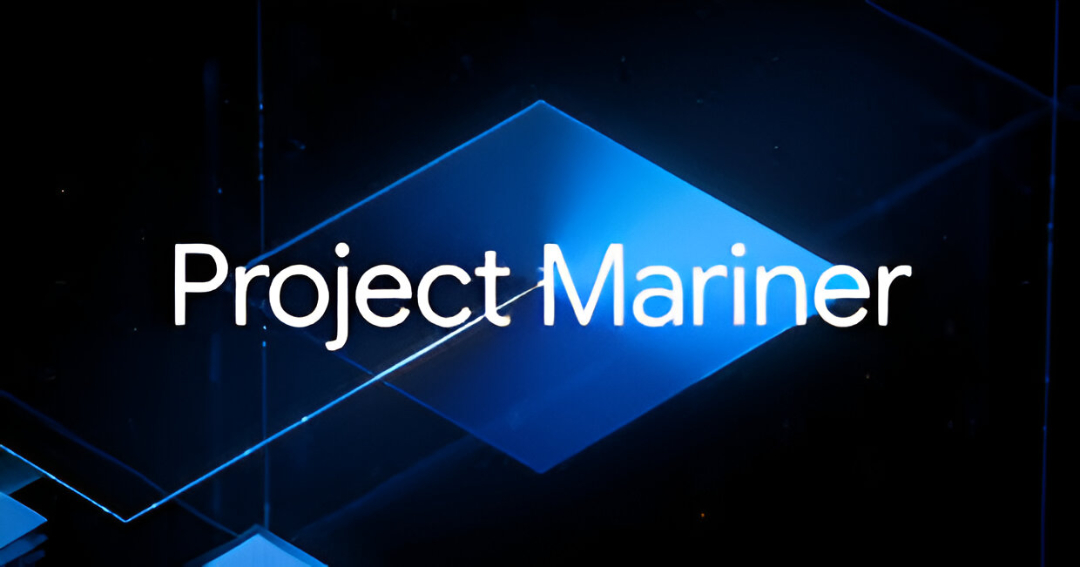Your relationship with Google Search is about to get complicated. That familiar list of blue links you’ve been clicking through since the dial-up days? It’s becoming as outdated as your aunt’s AOL email address. Project Mariner (official announcement), Google’s new web-browsing AI agent officially announced at Google I/O 2025, doesn’t just find information—it acts on it.
While other AI chatbots merely talk about getting things done, Mariner rolls up its digital sleeves and handles the actual clicking, scrolling, and form-filling that eats up hours of your life. It’s part of a broader wave of innovations—like Gemini 2.5 reaching free-tier users—that signals Google’s push to turn AI into a true personal assistant, not just a clever search box.
If you’ve ever wished you could clone yourself to tackle your never-ending digital to-do list, Mariner might be the next best thing. This AI agent can juggle up to 10 tasks simultaneously—booking concert tickets while researching vacation rentals and comparing laptop prices faster than you can say “tabs for days.”
The Robot Is Watching You (In a Good Way)
The cleverest part of Mariner might be its “Teach and Repeat” feature, which learns by watching you complete tasks. Show it how to search for flights with your preferred filters once, and it remembers forever—like that one friend who never forgets your coffee order, except this one doesn’t expect birthday presents. As AI-driven search tools like ChatGPT Search begin to compete head-on with Google’s web dominance, features like this could redefine what we expect from our everyday digital assistants.
Google has integrated Mariner with partners like Ticketmaster, StubHub, and Resy, meaning the AI can complete transactions that previously required your attention. Don’t worry, though—it won’t spend your money without permission. Mariner pauses for approval before confirming purchases, unlike your impulsive late-night shopping self.
Transparency seems baked into Mariner’s design. The agent shows you exactly what it’s doing as it navigates websites, giving you that slightly unsettling feeling of watching someone else use your computer, but with the benefit that you can jump in anytime.
At $250 monthly, Google’s AI Ultra plan costs 12 times more than Google One’s Premium tier ($19.99/month) and 25 times the basic workspace subscription ($9.99/month). That’s luxury car payment territory for a digital assistant, targeted at businesses and power users rather than casual browsers.
The question isn’t whether AI agents will change how we use the internet—it’s whether you’re ready to admit how much mindless clicking and scrolling fills your day. When Mariner handles the digital busywork you’ve been drowning in, will you finally write that novel, learn Spanish, or just find new ways to procrastinate? The future of browsing might not be browsing at all.




























